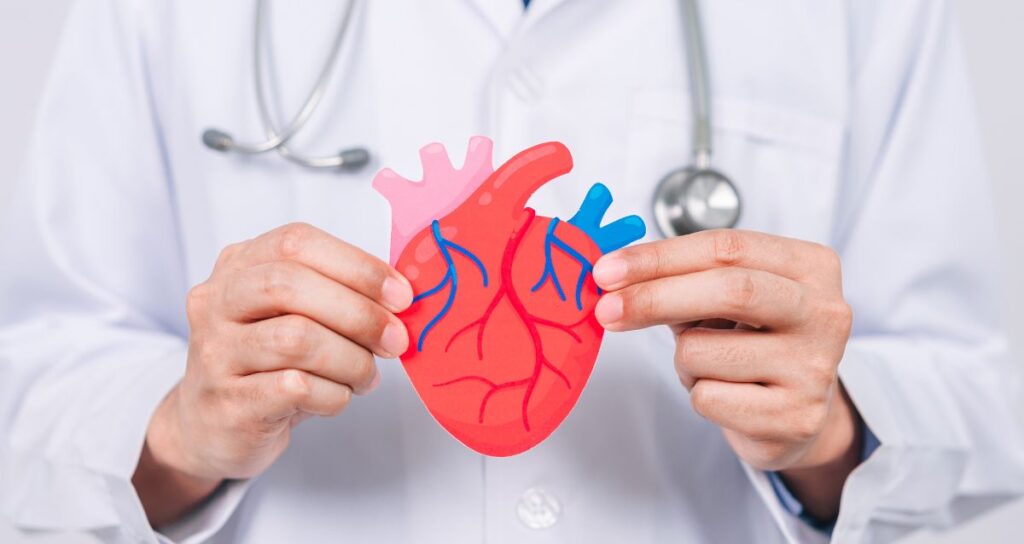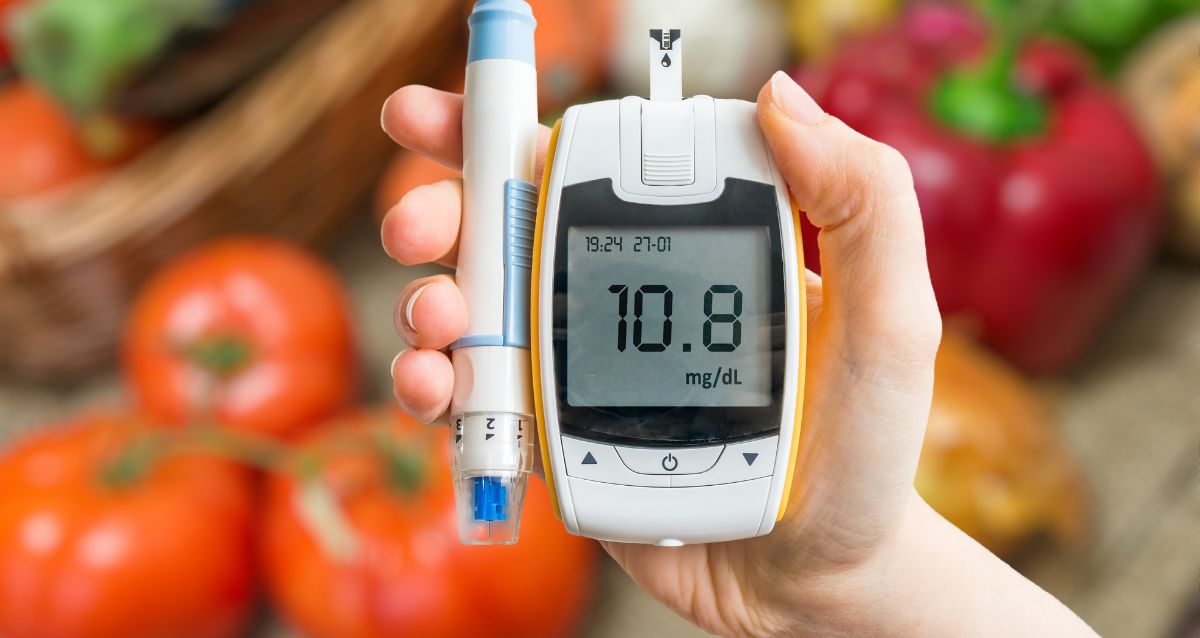
Recover Better after a Heart Attack
Navigating Life After a Heart Event: The Journey from Distress to Growth
Experiencing a heart event, such as a heart attack, can be a profoundly unsettling experience, leading to a range of emotional responses including anxiety, distress, and recurring negative thoughts. It’s crucial to recognise that these feelings are normal and you’re not facing them alone.
Understanding the Impact of Heart Events
A heart event can significantly disrupt your self-image and life expectations. You may have previously seen yourself as a healthy individual or defined yourself through your profession. Such incidents can shatter these perceptions, but also provide a unique opportunity for profound personal growth and reassessment of what truly matters in life.
From Post-Traumatic Stress to Post-Traumatic Growth
The concept of post-traumatic growth can be a silver lining during recovery. It involves transforming struggles into strength, a process I’ve witnessed in many patients I’ve worked with. For instance, one patient, after his heart attack, was initially overwhelmed by fear of recurrence. However, this fear also made him more appreciative of his life and relationships. He deepened his interest in history, which helped him gain perspective, and grew closer to his wife, cherishing the time they spent together more than ever.
Reprioritising What Matters
Recovery often leads people to re-evaluate their priorities, particularly valuing relationships and family above all. It’s akin to the metaphor of a shattered vase. You might try to piece it back together, knowing it might never be the same and remains vulnerable. Alternatively, you could use the fragments to create something new and beautiful—a mosaic that represents a new phase of life.
The THRIVE Model for Recovery
To aid recovery from a heart event, I recommend the six-stage THRIVE model, which encompasses:
1. Taking Stock
Reflect on your experience. Focus on self-care through nutritious food, physical activity, relaxation, and social connections.
2. Harvesting Hope
Look for inspiration in the stories of others who have faced similar challenges. Engage with community support groups or resources like Heart Matters.
3. Re-authoring
Shift your narrative from seeing yourself as a victim to a survivor, embracing resilience.
4. Identifying Change
Recognize and appreciate the new strengths or interests that emerge during your recovery.
5. Valuing Change
Consider what is truly important now. Realign your life’s focus towards these values.
6. Expressing Change in Action
Implement these changes through tangible actions. This could be anything from participating in a charity run, taking up new hobbies, or cooking a special meal for loved ones to express your renewed appreciation.
Recovering from a heart event isn’t just about regaining physical health but also about emotional and psychological healing. The journey can lead to unexpected growth and a renewed sense of purpose. Embrace this opportunity to reconstruct not just your physical self but also your life’s priorities and relationships. Remember, through the pieces of what was once broken, you can build something even more beautiful and resilient.
Related Articles


Rehab after a Slip Disc.

Exercises To Help You in Slip Disc




